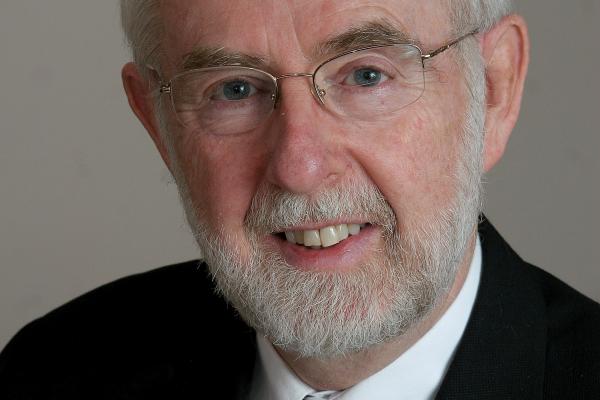
Neutrinos, Dark Matter and the Nature of the Universe.
Art McDonald, Queen’s University, Kingston, Ontario, Canada
By going 2 km underground and creating an ultra-clean laboratory it is possible to address some very fundamental questions about our Universe: How does the Sun burn?; What are the dark matter particles making up 27% of our Universe?; What are the properties of neutrinos, elusive particles that are one of the fundamental building blocks of nature? How do these particles influence how our Universe evolves? With the Sudbury Neutrino Observatory (SNO) we were able to observe new properties of neutrinos that go beyond the Standard Model of Elementary Particles and also confirm that the models of how the Sun burns are very accurate. With the expanded laboratory SNOLAB we are welcoming the world in collaborative experiments that are looking for the properties of Dark Matter particles (present in the spaces between the stars) and looking for neutrino signals from supernovae in our galaxy, from the Earth and from the Sun. The advantages created by the development of one of the lowest radioactivity laboratories in the world and the resulting fundamental science will be described.
The Smith Lecture has been endowed by the family of Alpheus W. Smith and is free and open to the public. No tickets are required.
